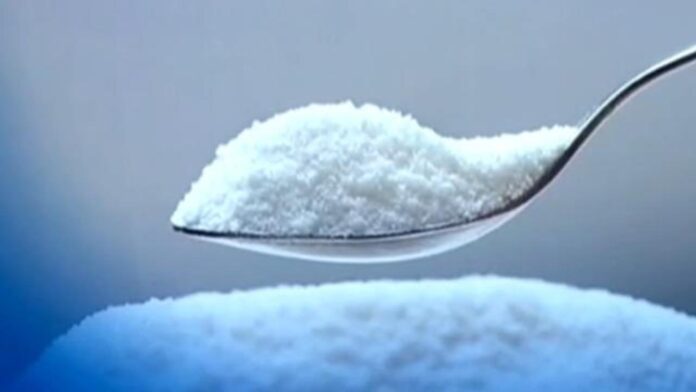A study conducted by the Cleveland Clinic and published in Arteriosclerosis, Thrombosis, and Vascular Biology found that consuming 30 grams of erythritol—the amount typically present in a sugar-free soda or muffin—can make platelets more active in healthy individuals. This heightened platelet activity could lead to a higher risk of blood clots. The study did not observe the same effect with regular sugar.
Erythritol is often used in products aimed at managing sugar and calorie intake, particularly for those with obesity, diabetes, or metabolic syndrome—conditions already associated with higher cardiovascular risk. It is a component of the popular calorie-free sweetener Truvia.
Dr. Stanley Hazen, a senior author of the study, emphasized the need for further research to understand the long-term cardiovascular effects of erythritol and similar sweeteners. “Cardiovascular disease develops gradually, and it’s essential to ensure that our food choices do not unintentionally contribute to this risk,” he noted.
The study faced some limitations, including a small sample size of 20 participants and a lack of long-term follow-up, highlighting the need for additional research. Although erythritol is currently deemed “generally recognized as safe” (GRAS) by the U.S. Food and Drug Administration, this new study adds to a growing body of evidence suggesting that erythritol and other sugar substitutes may not be as benign as once thought.
Earlier research by Hazen’s team indicated potential health risks associated with xylitol, another sugar alcohol. Another study from the Cleveland Clinic found that elevated blood levels of erythritol were linked to increased risk of major cardiovascular events.
While these studies are observational and do not prove causation, they have raised concerns about the safety of erythritol. Carla Saunders, President of the Calorie Control Council, advised caution, noting the small number of participants and the high amount of erythritol used in the study. She also pointed out that erythritol levels were only measured once after consumption, with no long-term data to assess lasting effects.
Overall, Saunders stressed that despite recent findings, erythritol has been considered a safe and effective alternative to sugar for decades.

